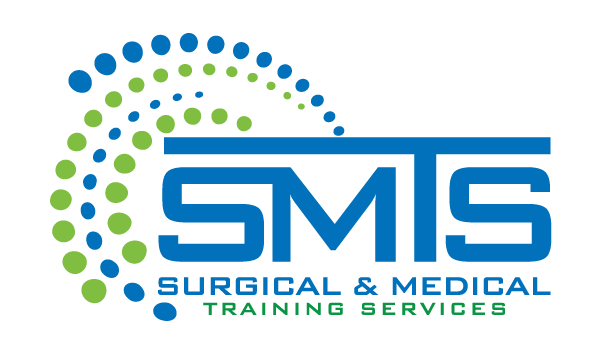Unveiling Bioskills: Mastering the Art of Surgical Excellence
Beginning the quest for achieving Bioskills mastery is similar to embarking on a great adventure, where the worlds of science and art come together in beautiful harmony. This adventure requires not only technical skills but also a thorough comprehension of human anatomy and physiology, in which each cut and movement is influenced by a strong knowledge base. The dedication to excellence is not limited to just medical students and surgical residents but also includes practicing surgeons and educators who are devoted to improving their skills and staying current with advancements in Bioskills offered by The Surgical and Medical Training Services. In this constantly changing environment, these educational programs are fundamental sources of knowledge, molding the future of surgical expertise and guaranteeing that the tradition of accuracy and empathy in medicine flourishes.
Why Surgical Skills Matter
The landscape of surgery has always been dynamic, reflecting continuous advancements in Medical Science. As such, the essence of surgical education remains deeply rooted in bioskills—practical, hands-on skills that empower surgeons to perform with precision and care. Understanding and mastering these Bioskills are foundational in improving patient outcomes and advancing personal medical careers.
The Pillars of Surgical Mastery
Surgical excellence revolves around several core competencies, each demanding rigorous training and ongoing practice. Here, we delve into these key areas, exploring their significance and the best practices for mastery.
Building a Solid Foundation in Anatomy
In-depth knowledge: A surgeon’s understanding of anatomy must go beyond textbook diagrams. It involves a detailed, three-dimensional grasp of the various body structures and their relationships to each other during procedures.
Practical application: Cadaver labs and virtual reality simulations are modern approaches to enriching this foundational knowledge.
Enhancing Technical Skills
Dexterity and Precision
Efficiency measures are of utmost importance in surgery. Skills like stitching, cutting, and using surgical tools demand extensive practice and meticulous preparation for effective execution.
- Simulation tools: Technological advancements like high-fidelity simulators can accelerate the learning curve by providing realistic, repeatable, and safe environments to practice these skills.
Efficiency and Speed
Time management during surgeries is vital. Efficiency reduces the duration of exposure and potential complications, thus impacting overall patient safety and recovery.
- Time trials and peer reviews: Frequent timed practice sessions and feedback from skilled surgeons can greatly enhance efficiency and effectiveness.
The Role of Decision-Making
The skill of decision-making is essential in performing surgical procedures efficiently, incorporating evaluation, planning, and execution.
Scenario-based training: Using real-life scenario simulations helps make swift, informed decisions.
Mentorship and case studies: Learning from experienced mentors and analyzing diverse case studies are invaluable for understanding the variability in clinical situations.
Fostering Team Collaboration
Surgery is seldom a solo act. It involves an integrated team of professionals who must seamlessly collaborate.
Communication drills: Regular team exercises focusing on communication can enhance coordination and reduce errors.
Interdisciplinary training sessions: These sessions help understand each team member’s roles and challenges, promoting respect and synergy.
Commitment to Lifelong Learning
The field of bioskills is continuously evolving. As new techniques and technologies emerge, continuous education becomes essential.
Professional Development Courses: These courses offer updates on recent advancements and revised protocols.
Research involvement: Engaging with research not only contributes to the field but also provides deeper insights into cutting-edge practices.
Conclusion: Carving the Path to Excellence
Becoming exceptional in surgery necessitates a dedication to continual learning and adjustment. Improving Bioskills not only leads to individual development but also elevates the quality of patient care. As we welcome progress in medical education and technology, the potential of surgical procedures grows, offering improved results and enhanced well-being. Embracing the changing terrain of medical research ensures that the surgical profession maintains its scientific integrity and compassion, particularly within Surgical and Medical Training Services.
